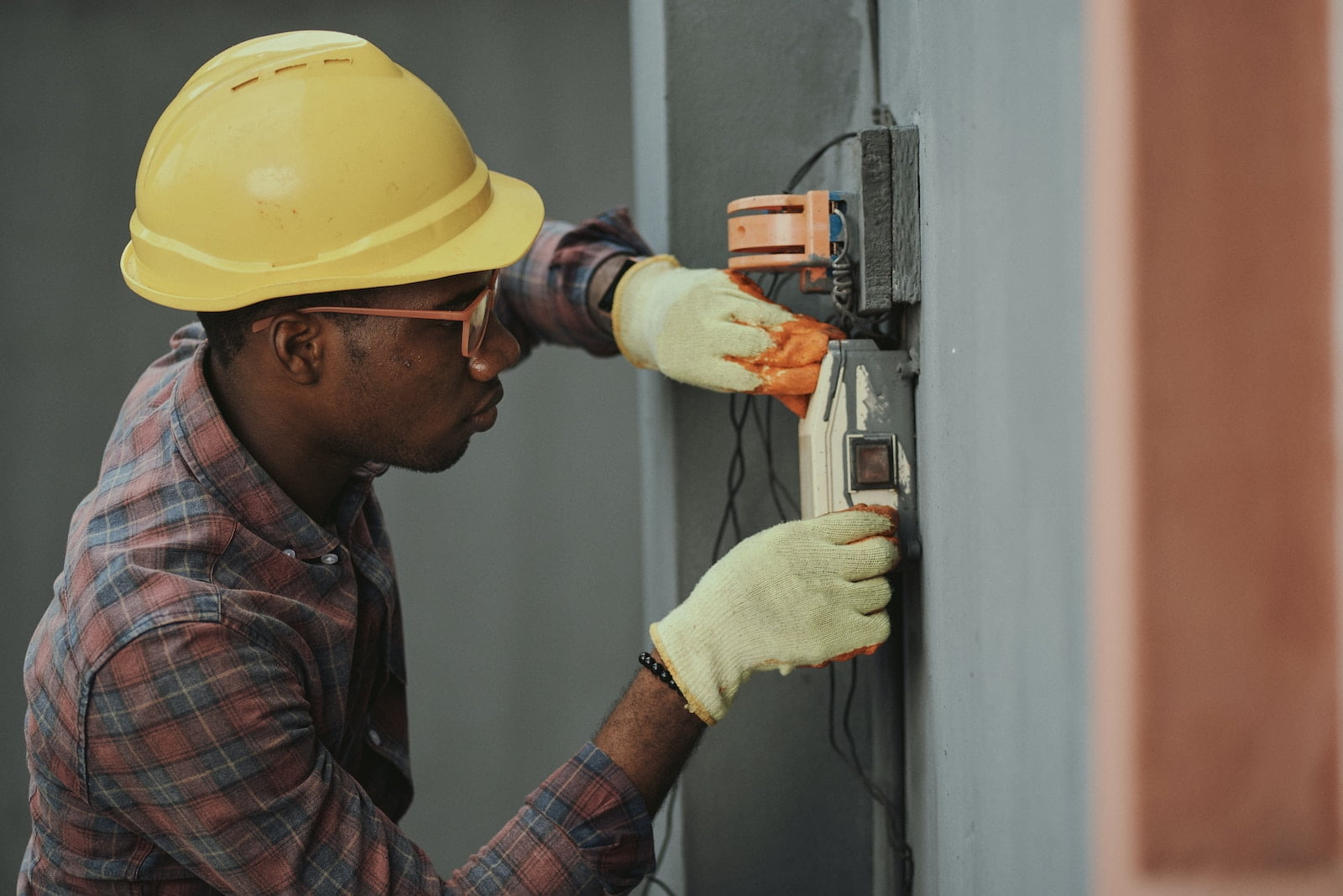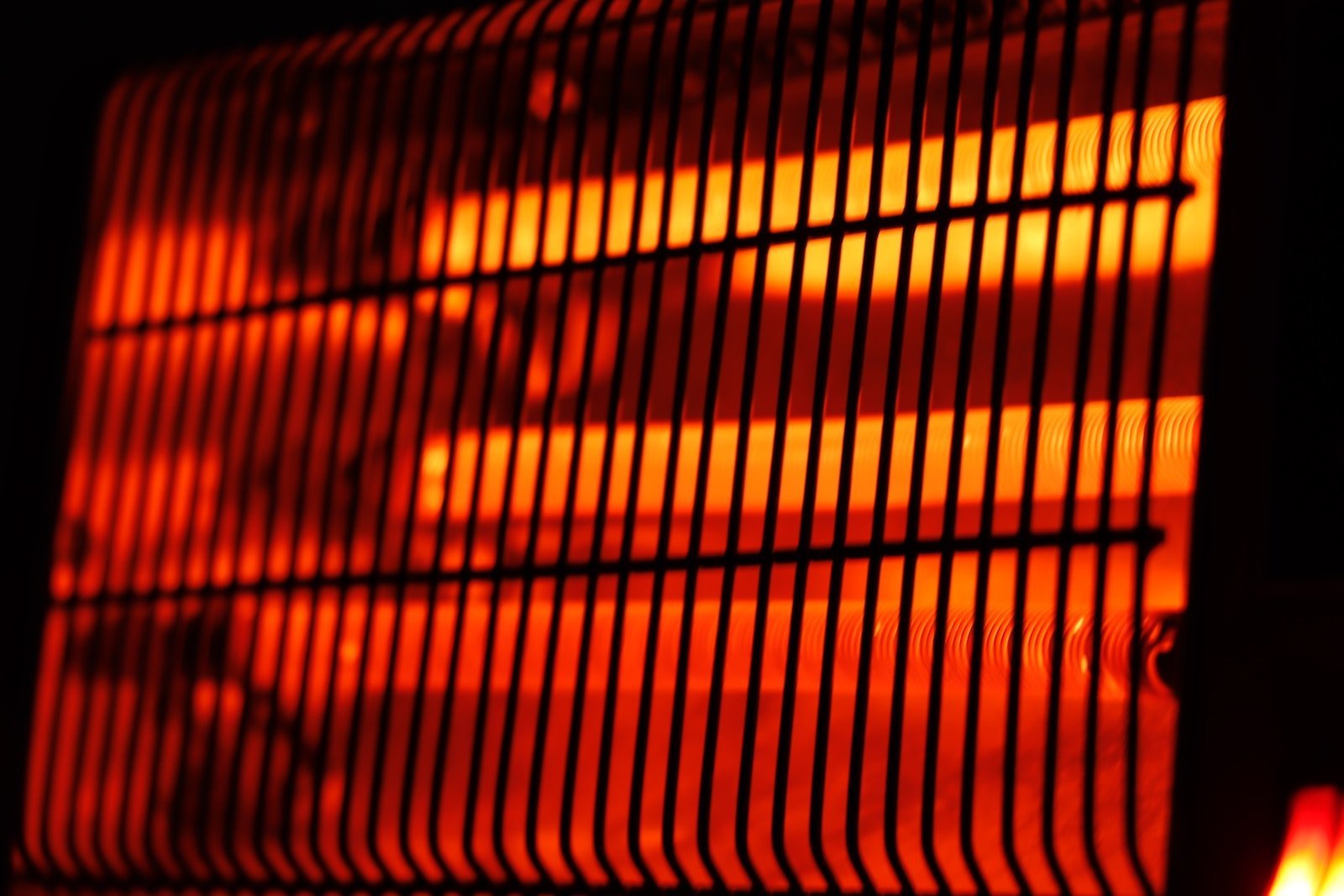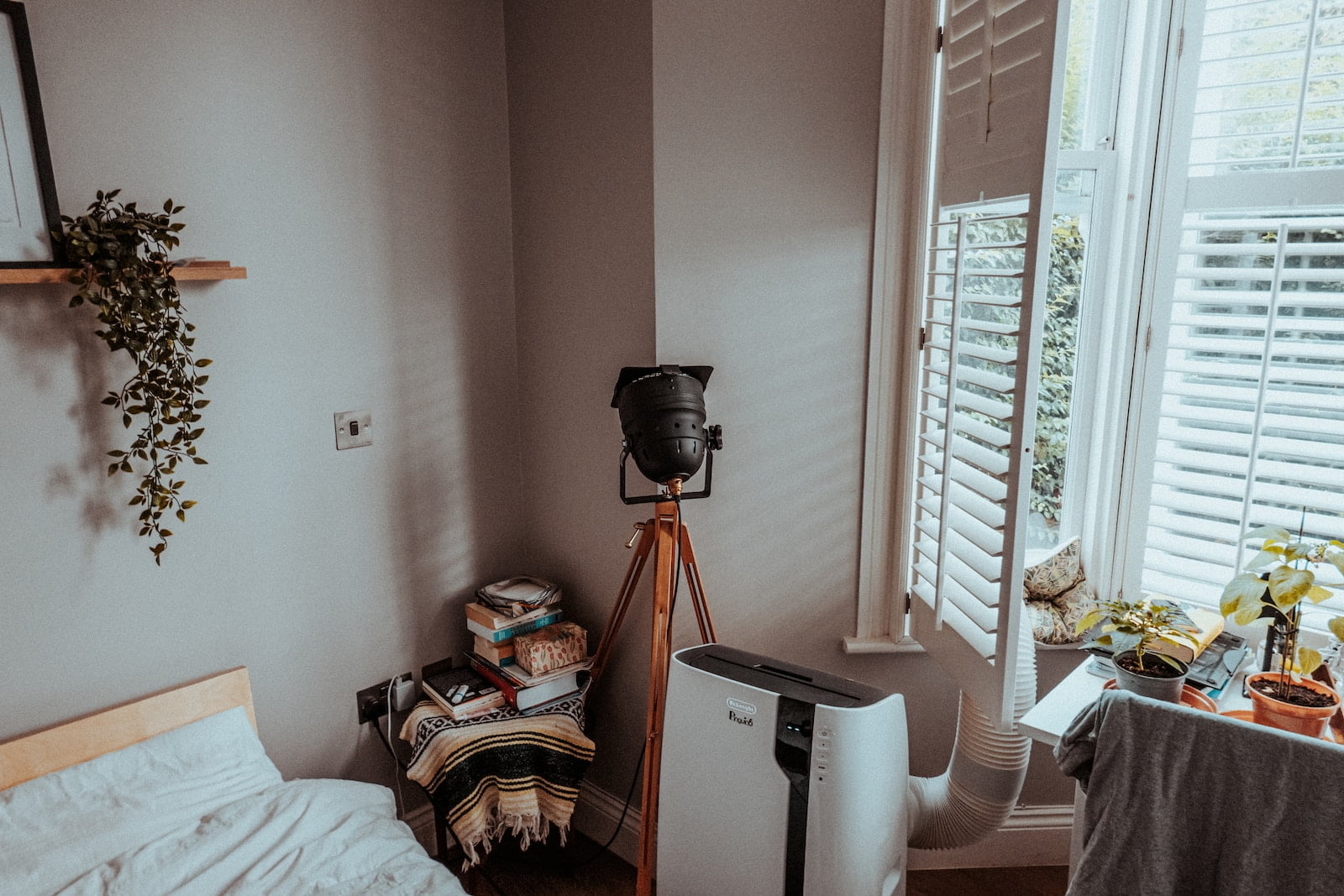How to Tell If Your Heater is Energy Efficient and Saving You Money
Energy efficiency is a critical aspect of modern life, and it is becoming increasingly important to find ways to reduce energy consumption in all areas of our lives. One area where energy efficiency is particularly important is in heating systems. Heaters can be a significant source of energy consumption in homes and businesses, and improving their efficiency can lead to significant cost savings and environmental benefits. In this article, we will provide an overview of energy efficiency in heaters, exploring the different types of heaters available and the factors that affect their efficiency. We will also discuss some of the latest technologies and innovations in the field, and provide tips on how to improve the energy efficiency of your heating system.
Types of Energy-Efficient Heaters
Another type of energy-efficient heater is the radiant heater, which uses infrared radiation to heat objects and people in the room instead of the air. This type of heater is ideal for small spaces or for people who want to save on their heating bills. Radiant heaters are also silent and don’t circulate dust or allergens, making them a good choice for people with respiratory problems. Another option is the ceramic heater, which uses ceramic plates to heat the air. These heaters are very efficient and can heat a room quickly. They are also safe to use as they have automatic shut-off features and cool-to-the-touch exteriors.
For those who want to save even more on their heating bills, there are also electric heat pumps and geothermal systems. Electric heat pumps work by extracting heat from the air outside and transferring it inside the house. This type of system is very efficient and can save homeowners up to 50% on their heating bills. Geothermal systems, on the other hand, use the earth’s natural heat to warm the home. This type of system is more expensive to install, but can save homeowners up to 70% on their heating bills in the long run.
Overall, there are many types of energy-efficient heaters to choose from. Whether you’re looking for a small space heater or a whole-house heating system, there is a solution that will fit your needs and budget. By choosing an energy-efficient heater, you can save money on your heating bills while also reducing your carbon footprint and helping the environment.
Signs of an Energy-Efficient Heater
Another sign of an energy-efficient heater is its programmable thermostat. This feature allows you to set a schedule for your heater to turn on and off, depending on your daily routine. For example, you can program it to turn on right before you wake up in the morning and turn off when you leave for work. This way, you won’t have to worry about leaving your heater on all day, wasting energy and money. A programmable thermostat also lets you adjust the temperature remotely, using your smartphone or tablet. This means you can turn up the heat before you arrive home, ensuring a warm and comfortable environment without wasting energy.
Lastly, an energy-efficient heater should have a high AFUE (Annual Fuel Utilization Efficiency) rating. This rating measures the amount of heat produced by a furnace compared to the amount of fuel it consumes. The higher the AFUE rating, the more efficient the heater. A high AFUE rating means that your heater is using more of the fuel it consumes to produce heat, which translates to lower energy bills and less impact on the environment. Look for heaters with an AFUE rating of 90% or higher to ensure maximum efficiency.
Benefits of an Energy-Efficient Heater
Additionally, an energy-efficient heater can save you money on your monthly energy bills. By using less energy to heat your home, you will see a reduction in your energy costs. This can be especially beneficial during the winter months when heating costs can skyrocket. In fact, according to the U.S. Department of Energy, heating and cooling account for nearly half of the energy use in a typical home, so making the switch to an energy-efficient heater can have a significant impact on your overall energy usage and costs.
Another benefit of energy-efficient heaters is that they are better for the environment. By using less energy, these heaters produce fewer greenhouse gas emissions, which can help reduce your carbon footprint. This is important because greenhouse gas emissions are a major contributor to climate change and global warming. By choosing an energy-efficient heater, you are not only saving money, but you are also doing your part to protect the planet.
Tips for Maximizing Energy Efficiency in Your Heater
Another tip to maximize energy efficiency in your heater is to make sure that your home is properly insulated. Insulation helps to keep the heat inside your home, preventing it from escaping through walls, ceilings, and floors. This means that your heater won’t have to work as hard to maintain a comfortable temperature, which in turn reduces energy consumption and lowers your heating bills.
You can also consider upgrading to a programmable thermostat, which allows you to set specific temperatures for different times of the day. For example, you can set the temperature to be lower while you’re away at work or sleeping, and then have it automatically increase to a comfortable level when you’re home. This not only saves energy, but also ensures that your home is always at the right temperature when you need it.
Finally, it’s important to regularly maintain your heater to ensure that it’s running efficiently. This includes changing the air filter on a regular basis, as a dirty filter can restrict airflow and reduce efficiency. You should also have your heater serviced by a professional at least once a year to check for any issues and make any necessary repairs.
By following these tips, you can maximize the energy efficiency of your heater and save money on your heating bills. Not only will you be doing your part for the environment, but you’ll also be able to enjoy a warm and comfortable home all winter long.






